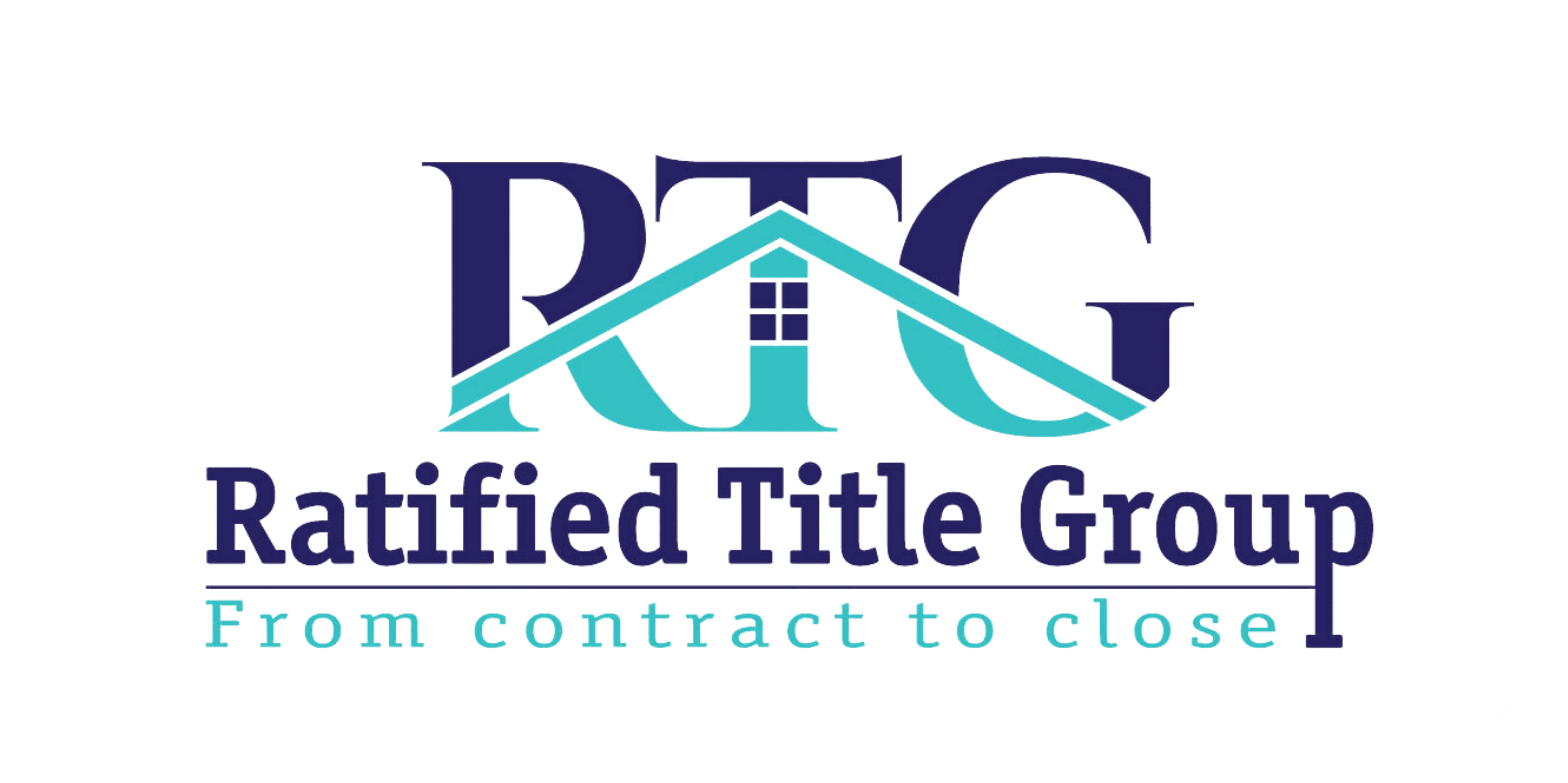Navigating the world of residential settlements can feel overwhelming, but it doesn’t have to be! Whether you’re buying or selling a home, there are key steps you can take to ensure a smooth process. In this article, we’ll explore ten essential tips that will help you tackle settlements with confidence and ease.
1. Start with Thorough Research
Understanding the settlement process and its requirements is vital. Knowing what to expect ahead of time helps you feel more prepared.
Consider looking into online resources, attending workshops, or talking with professionals in the field. The more information you gather, the more knowledgeable you become. This foundational step sets the tone for every phase of your residential settlement. You’ll find that as you become well-versed, you’ll not only ease your own anxiety but also instill confidence in others involved in the process. When everyone is on the same page, it leads to smoother conversations and negotiations.
2. Engage a Professional Conveyancer
Hiring a qualified conveyancer can simplify the complex legalities involved in residential settlements.
A skilled conveyancer is like having a trusted guide on a challenging journey. They can navigate through the maze of contracts, legal terms, and regulations so that you don’t have to. With their expertise, you can feel more secure knowing that every detail is being taken care of appropriately. This not only saves time but can also prevent costly mistakes that might arise from misunderstanding legal jargon. Think of your conveyancer as your personal advocate who is dedicated to making your settlement as seamless as possible.
3. Stay Organized with Checklists
Creating checklists allows you to keep track of important documents and tasks, ensuring that nothing is overlooked.
Checklists serve as your roadmap, guiding you through each step of the settlement process. They can help you prioritize tasks, such as arranging inspections and confirming that your financing is in order. By visualizing the entire process, you can tackle each item systematically, reducing the feeling of being overwhelmed. Additionally, sharing these checklists with relevant parties can foster collaboration and transparency, making it less likely for anyone to skip essential steps. In doing so, you not only protect yourself but also cultivate a team-oriented approach.
4. Communicate Regularly
Open lines of communication with all parties can avoid misunderstandings and clarify expectations throughout the process.
Frequent check-ins with your conveyancer, real estate agent, and even the buyer or seller can help ensure everyone is aligned. Don’t hesitate to ask questions if something feels unclear; this proactive attitude can eliminate many potential issues before they escalate. One effective approach is to establish a communication schedule early on, setting specific times for updates or discussions. This habit not only reassures all parties involved but also fosters a sense of teamwork, making the journey towards a successful settlement less isolating.
5. Understand Key Dates
Familiarize yourself with critical dates such as settlement day, as well as inspection dates and financing deadlines.
Marking these key dates on your calendar is essential—not just for your own organization, but to keep everyone else on track as well. Consider setting reminders in advance to give yourself ample time to prepare for each stage. This proactive approach ensures you won’t be left scrambling at the last minute. Additionally, being aware of these dates allows you to take initiative in coordinating with lenders and inspectors, streamlining your overall experience. When you empower yourself with this knowledge, you significantly reduce stress and create a more organized environment for your residential settlements.
6. Conduct Final Inspections
Always carry out a final inspection before settlement to ensure the property is in the agreed-upon condition.
This final walkthrough is your last chance to address any issues before the papers are signed. During this inspection, pay attention to even the smallest details—anything from minor repairs to major discrepancies should be noted. Bring a checklist to help you assess the property evenly. If you spot something that doesn’t meet your expectations, don’t hesitate to raise these concerns. It’s better to discuss them beforehand rather than grappling with regrets post-settlement. Ultimately, this final step affords you a sense of control and assurance that what you are buying or selling aligns with what was agreed upon.
7. Review All Documentation Carefully
Take your time to read through all documents thoroughly, looking for any discrepancies or missing information.
This stage is often overlooked, but it is crucially important. Sometimes, seemingly minor errors can lead to major complications down the line. For example, a misspelled name or incorrect amounts can create serious issues during the settlement. Make it a point to review each document in detail, possibly even more than once. If something looks dubious or feels off, don’t hesitate to ask questions. Armed with a meticulous review approach, you’ll navigate the settlement process with confidence, avoiding unexpected challenges later.
8. Confirm Financial Arrangements
Ensure that your financing is in order and that you understand all costs associated with the settlement process.
It’s advisable to create a detailed budget that includes every potential cost, such as stamp duty, legal fees, and moving expenses. This financial snapshot will prepare you for any nuances that arise. Moreover, don’t shy away from discussing your financial plan with your lender or broker well in advance. Clear communication here can prevent financial hiccups that might delay or derail your settlement. As money matters can often cause anxiety, addressing them head-on will pave the way for a smoother experience overall, relieving one major source of worry.
9. Prepare for Post-Settlement Duties
After the settlement, be aware of your responsibilities, such as utilities transfers and maintaining necessary insurance.
This is an area often underestimated in terms of its importance. Consider making a post-settlement checklist that encompasses everything from setting up utilities to ensuring that property insurance is active. By having this organized approach, you can minimize the risk of overlooking critical tasks that might affect your comfort in your new home. It’s also a great time to familiarize yourself with your community, locate local services, and establish a routine. In doing so, not only are you setting the tone for your new life as a homeowner but also easing into your environment gracefully.
10. Stay Calm and Flexible
Unexpected hiccups may occur, but maintaining a calm demeanor and being adaptable can help you navigate through challenges.
Flexibility is one of the greatest assets you can have during a residential settlement. Things may not always go according to plan—whether it’s a delay on the other party’s side or last-minute repairs needed at the property. Approaching these challenges with patience and a positive attitude will not only help you cope better, but can also influence others around you. When faced with unforeseen hurdles, remind yourself that with each obstacle comes an opportunity for growth and learning. Keeping this mindset helps cultivate resilience, turning a potentially stressful situation into a manageable adventure.



